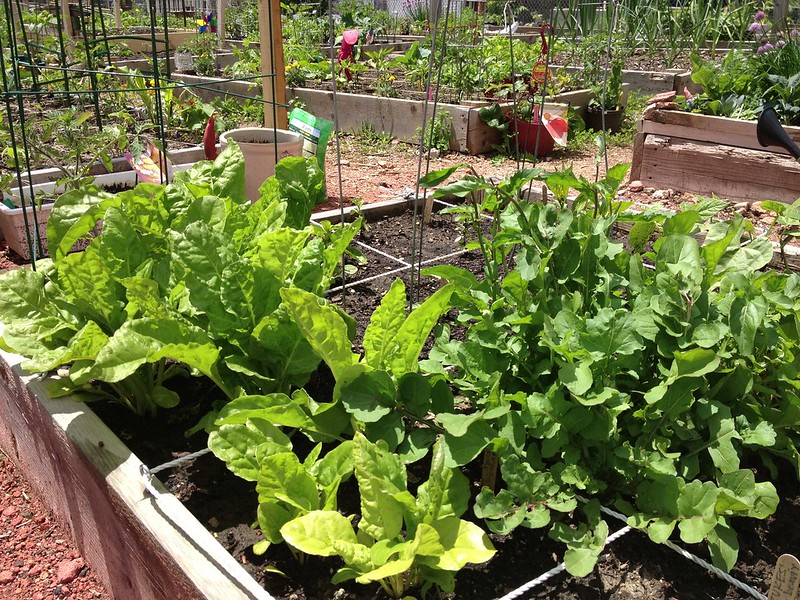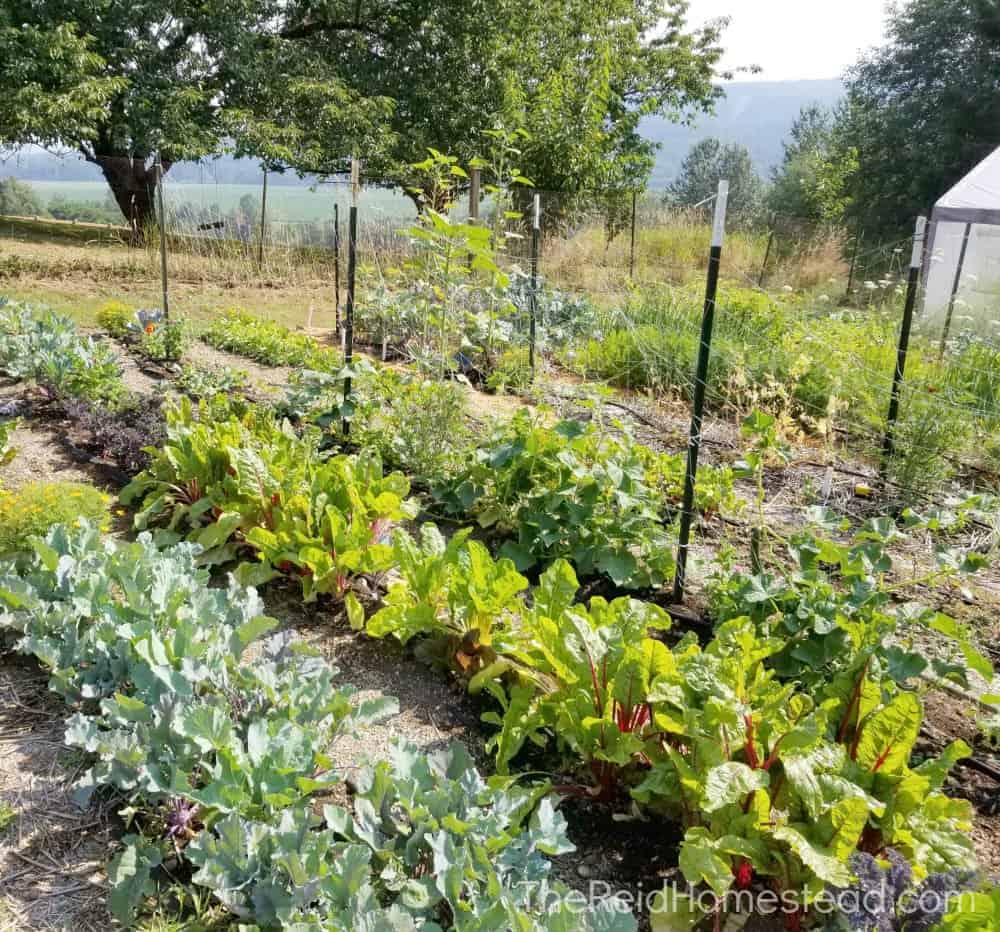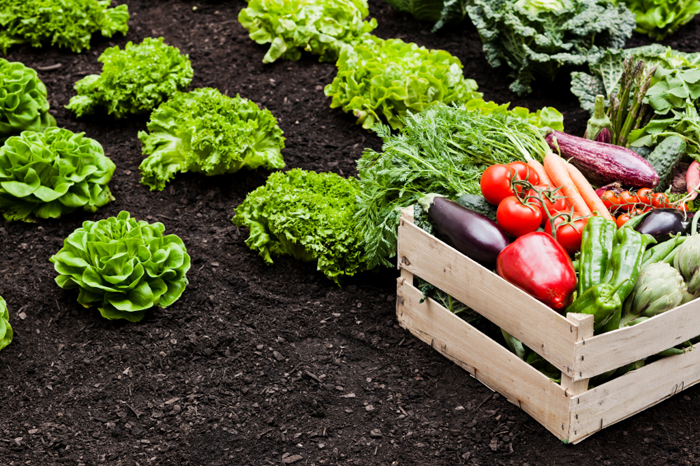Beginner-Friendly Approaches for Homestead Gardening Effort
Beginner-Friendly Approaches for Homestead Gardening Effort
Blog Article
Learn Exactly How to Cultivate a Flourishing Gardening Environment for All Skill Levels
Developing a prospering yard is a complex venture that can be embraced by individuals at any kind of skill level. By analyzing vital parts such as dirt health and wellness, proper plant choice, and seasonal care routines, one can establish a sustainable gardening practice that yields enjoyable outcomes. Comprehending how to assess and improve your yard area lays the foundation for success. The details of carrying out these principles often existing challenges that can prevent also the most passionate novice. What approaches can be utilized to get over these challenges and cultivate a truly growing environment?
Recognizing Your Garden Room
In the realm of gardening, recognizing your garden area is paramount to cultivating a flourishing landscape (Homestead Gardening). The very first step in this venture involves assessing the particular attributes of your story. Aspects such as soil make-up, sunlight exposure, and water drainage play essential duties in identifying the viability of your yard for various sorts of plants
Begin by conducting a dirt test to analyze pH degrees and nutrient material, which will inform any kind of necessary modifications. Furthermore, observe just how much sunlight your area gets throughout the day. Various plants have differing light requirements; some thrive in full sunlight, while others choose partial or full color.

Last but not least, assess the available room and plan accordingly. This consists of considering plant elevations and infected make certain adequate room for growth without overcrowding. By acquiring a comprehensive understanding of your yard area, you established the structure for a successful horticulture experience.
Choosing the Right Plants
Picking the right plants for your yard requires careful factor to consider of numerous variables, consisting of climate, soil problems, and individual choices. Beginning by examining your neighborhood climate, as certain plants thrive specifically temperature arrays and weather patterns. Tropical plants may not endure in cooler regions, while durable perennials can hold up against harsh winters.

Consider your personal choices, consisting of visual charm and maintenance degrees. Decide whether you like dynamic blossoms, lavish vegetation, or edible plants. Furthermore, element in the time and initiative you are willing to buy plant treatment, as some varieties require more attention than others.
Last but not least, consider the garden's layout and light direct exposure. Sunshine patterns throughout the day will certainly affect your options-- some plants need complete sunlight, while others flourish in shade. By thoughtfully analyzing these aspects, you can create a harmonious and effective garden customized to your environment and tastes.
Necessary Horticulture Tools
A fully equipped gardener can substantially enhance their horticulture experience and end results. Important horticulture devices more are basic to growing a successful garden, no matter ability level. A durable spade is important for excavating and turning dirt, while a trowel allows why not look here for specific planting and transplanting of smaller plants.
Pruning shears are crucial for maintaining plant health by removing dead or overgrown branches, promoting much better air circulation and development. Furthermore, a hand rake serves for getting rid of debris and freshening the dirt, making certain optimal problems for plant roots.
Gardening handwear covers safeguard hands from sores, thorns, and chemicals, making them an essential accessory. A watering can or tube with a flexible nozzle makes sure that plants receive sufficient moisture without overwatering.
Last but not least, think about buying a strong wheelbarrow for carrying dirt, plants, and devices around the garden efficiently. By setting up a top quality toolkit that includes these important things, garden enthusiasts can deal with various jobs with self-confidence and convenience, paving the means for a growing horticulture atmosphere. Keep in mind, the right devices not just enhance effectiveness yet also improve the general satisfaction of the gardening process.
Dirt Preparation and Upkeep
Quality soil is the foundation of a successful yard, making appropriate prep work and upkeep important for healthy plant growth. Based on the examination results, modifications can be made to enhance soil problems for certain plant demands.
Incorporating raw material, such as garden compost or well-rotted manure, is crucial for enhancing soil structure and fertility. This not just enhances nutrient schedule but likewise promotes valuable microbial activity. Furthermore, appropriate drain is essential; hefty clay dirts may need the addition of sand or perlite to boost oygenation.
Normal upkeep of dirt wellness consists of mulching, which saves wetness and suppresses weeds. In addition, rotating crops every year helps protect against nutrient exhaustion and lowers parasite and condition dangers. It is also essential to stay clear of over-tilling, which can disrupt soil structure and damage advantageous microorganisms.
Eventually, a regular dedication to dirt prep work and upkeep will lead to a prospering yard, guaranteeing that plants obtain the vital nutrients they need for robust development and productivity.
Seasonal Care and Monitoring

In spring, concentrate on planting new seeds and seedlings, while likewise carrying out dirt tests to amend nutrient deficiencies. On a regular basis look for pests and diseases, as these can proliferate with the warming weather. Summer demands constant watering and mulching to keep wetness, together with trimming for much better air flow.
As autumn approaches, it's time to prepare the garden for inactivity. This consists of harvesting plants, cleansing up debris, and using a layer of mulch to shield plant roots from frost. Consider growing cover plants to enrich the soil throughout the winter season.
Finally, wintertime treatment is vital. Check structures like greenhouses for damage and ensure proper insulation for sensitive plants. Frequently keep an eye on for insects that might look for refuge inside. By adapting your gardening practices to the seasonal cycles, you can promote a prospering atmosphere that supports plant health year-round.
Conclusion
In conclusion, cultivating an effective garden requires a comprehensive understanding of vital principles such as soil structure, sunlight direct exposure, and ideal plant selection. Routine seasonal treatment and management methods further improve plant health and wellness and efficiency.
Choosing the right plants for your yard requires careful consideration of different elements, including climate, dirt conditions, and individual preferences. Conduct a dirt test to determine pH degrees and nutrition content, which will lead you in picking plants that will flourish in your garden.Finally, consider spending in a strong wheelbarrow for moving dirt, plants, and devices around the garden efficiently.Quality dirt is the foundation of a successful garden, making proper prep work and maintenance crucial for healthy and balanced plant growth. Homestead Gardening.In verdict, growing a successful yard calls for a thorough understanding of crucial principles such as soil composition, sunlight exposure, and appropriate plant selection
Report this page